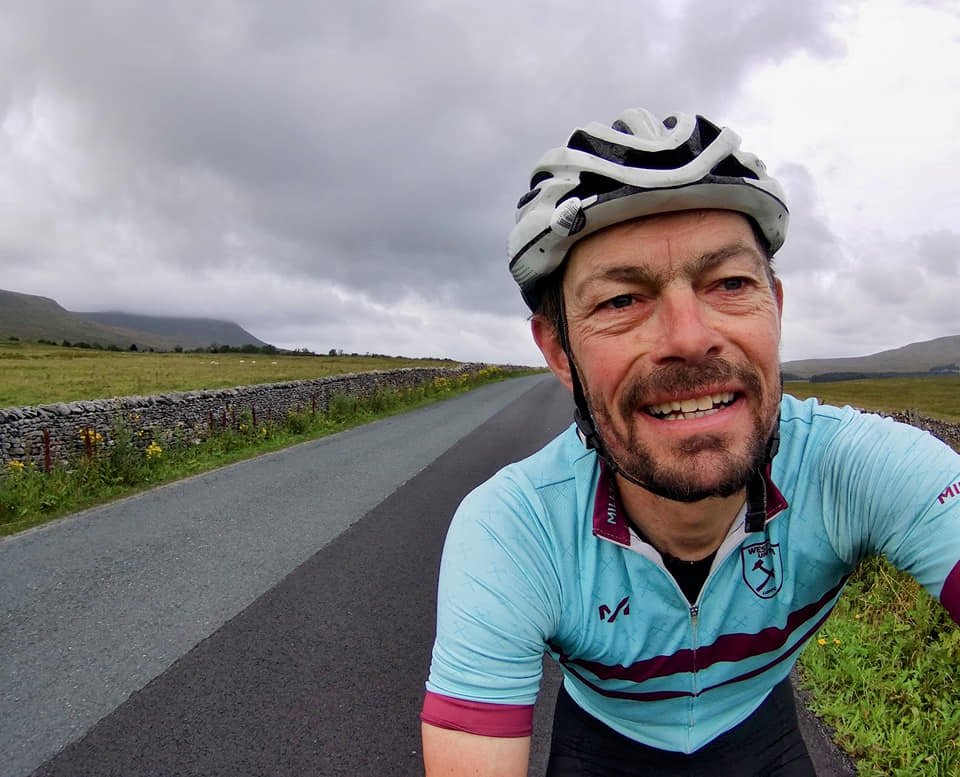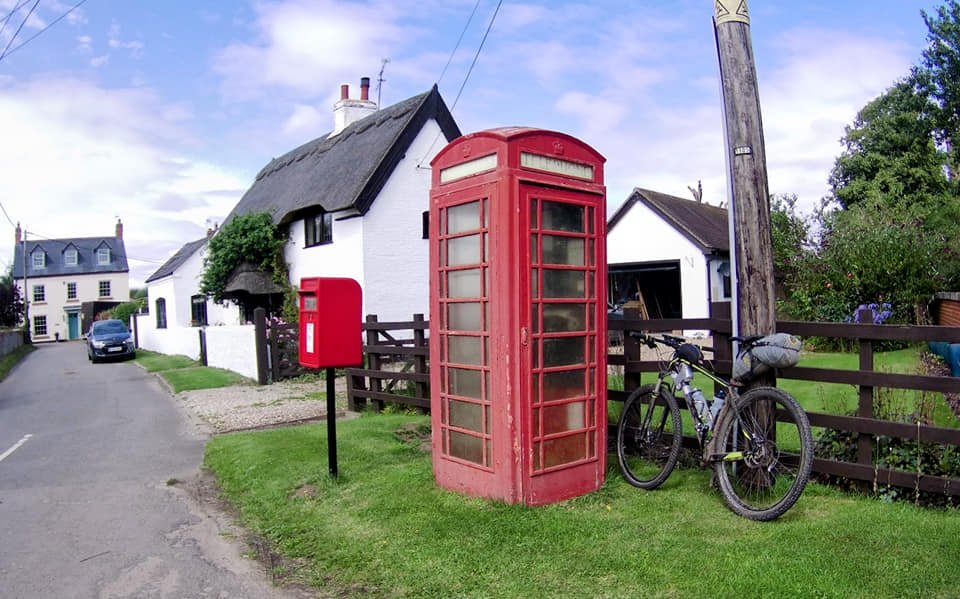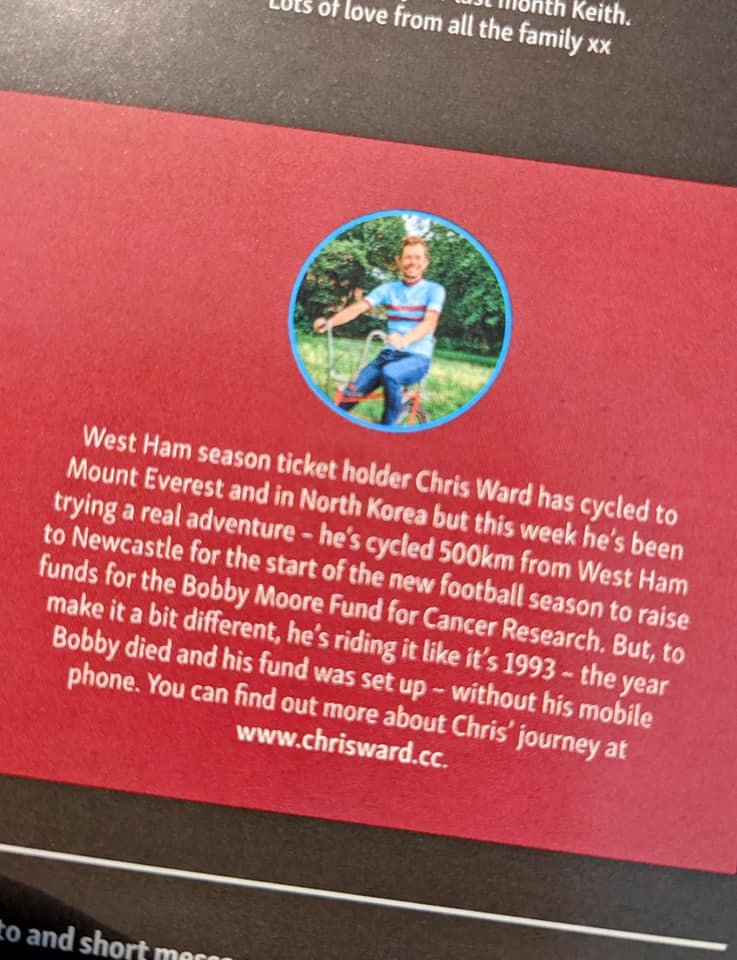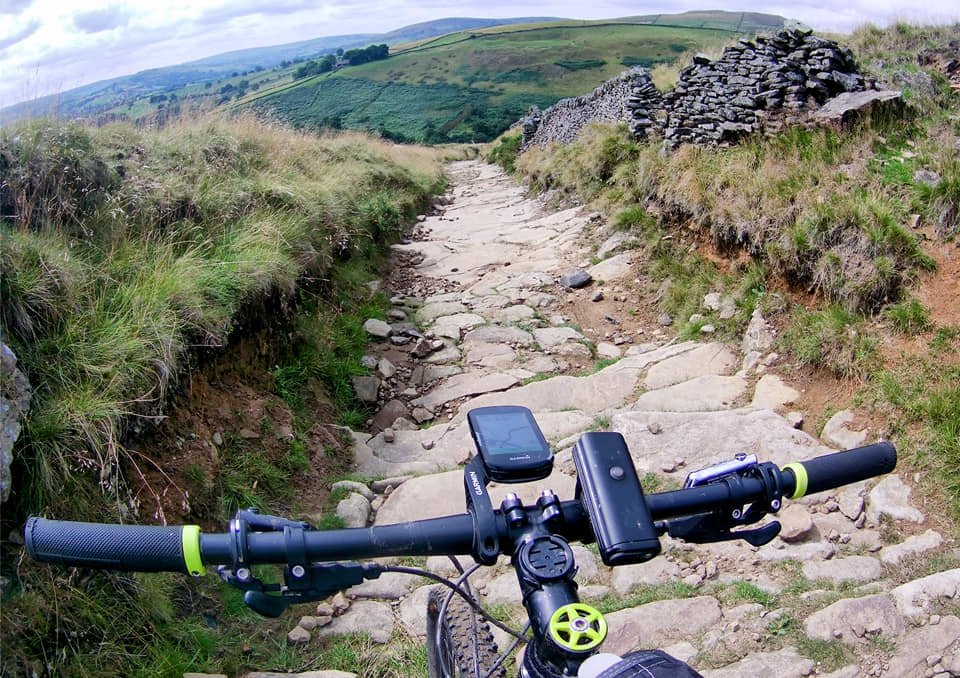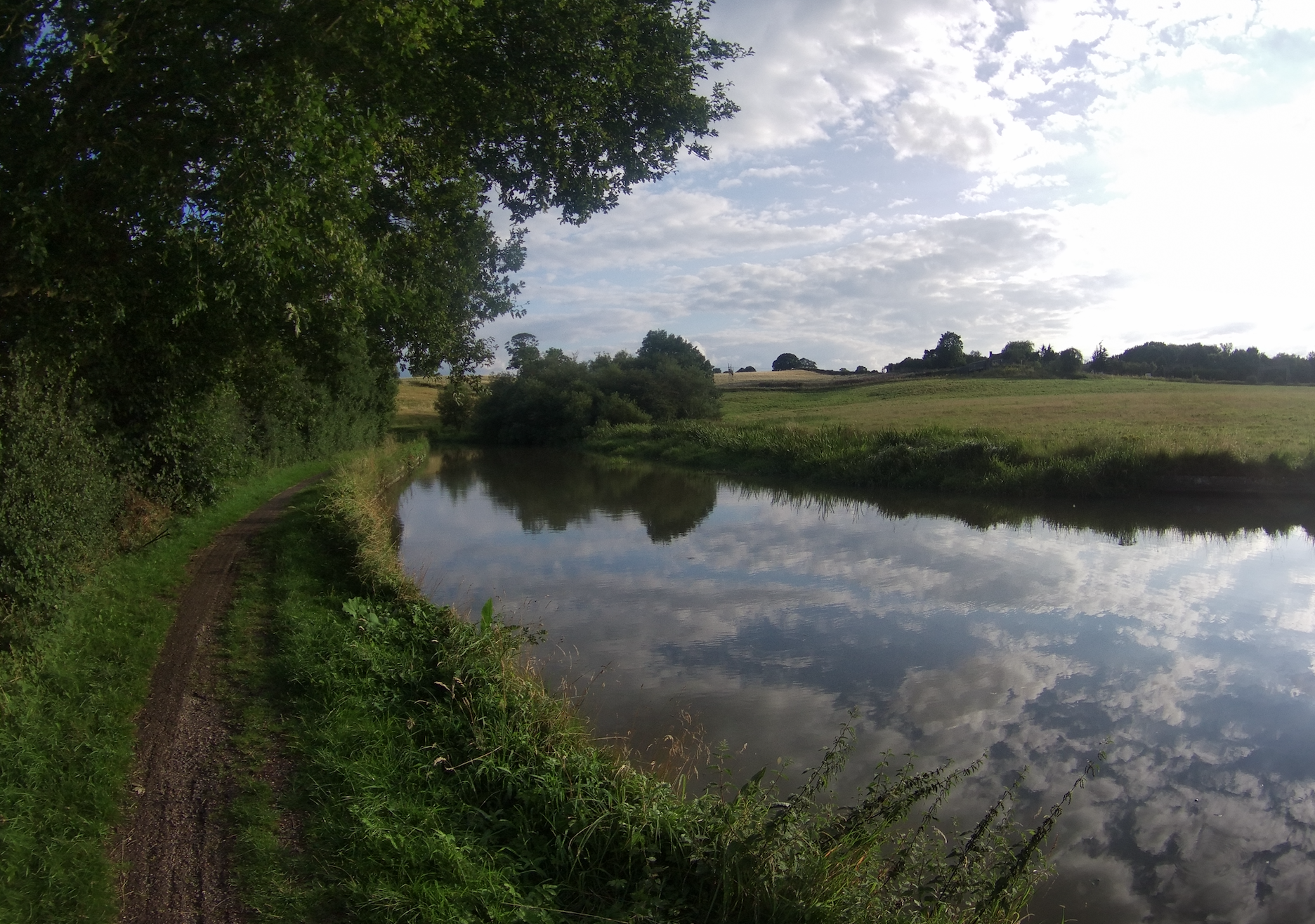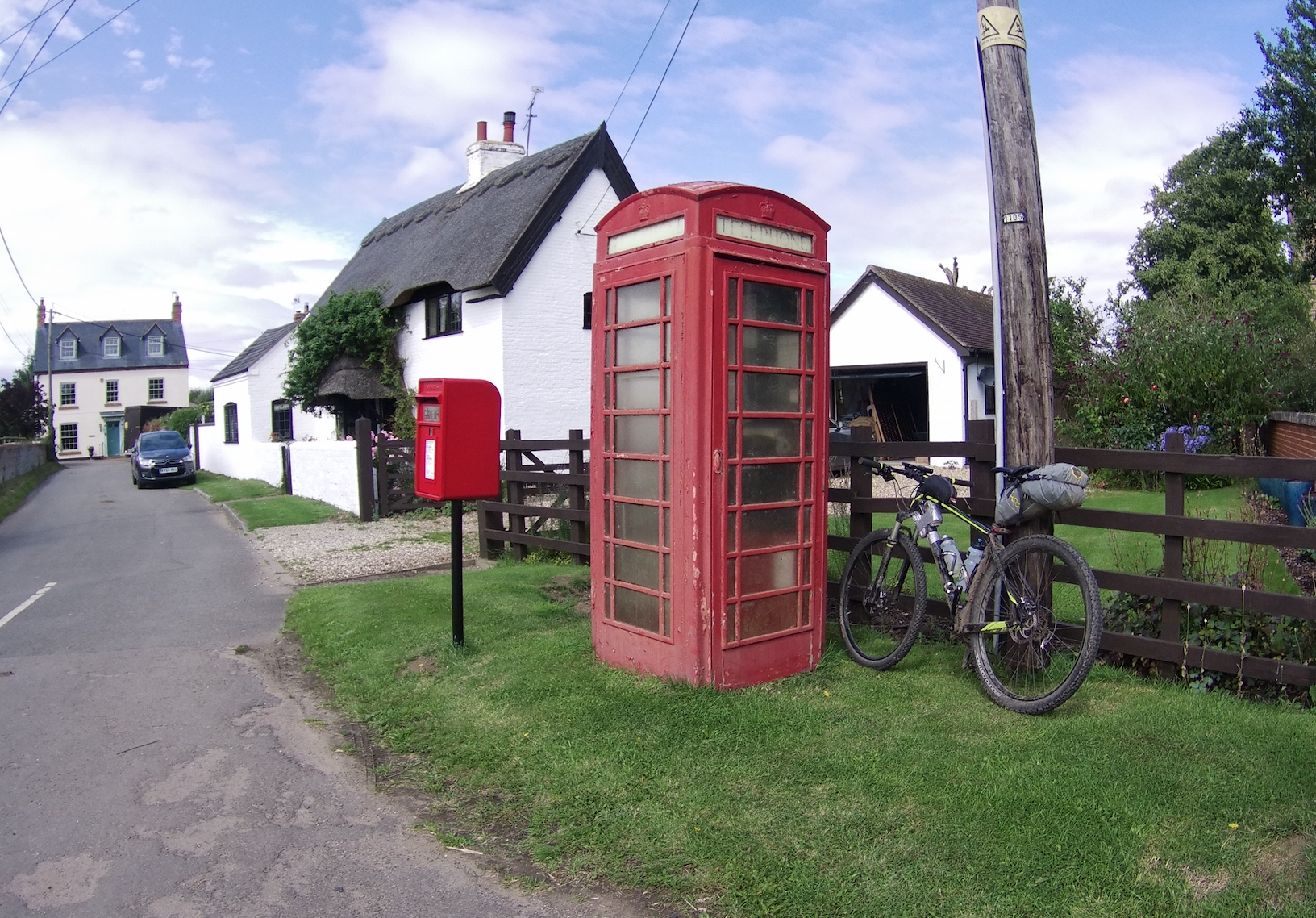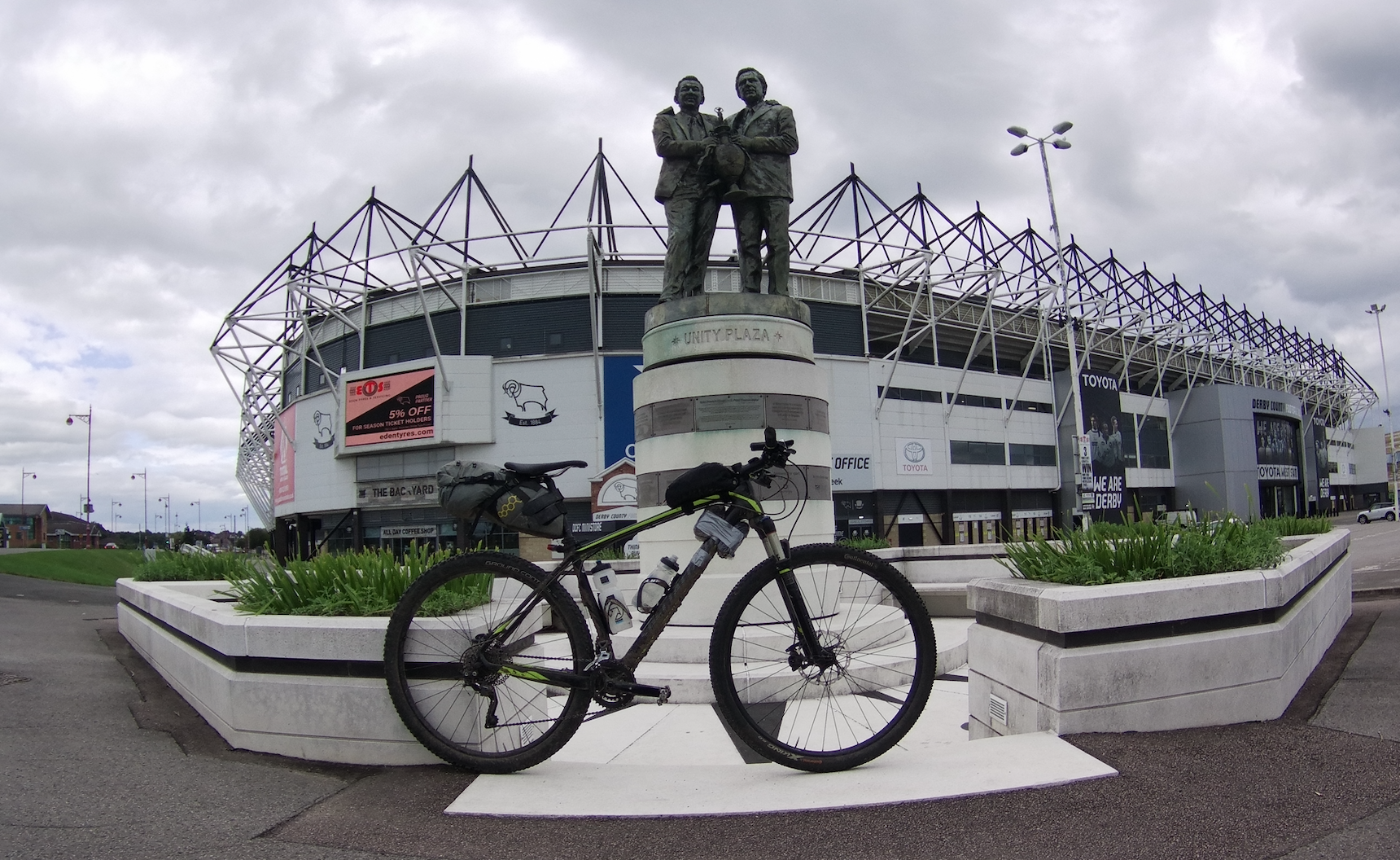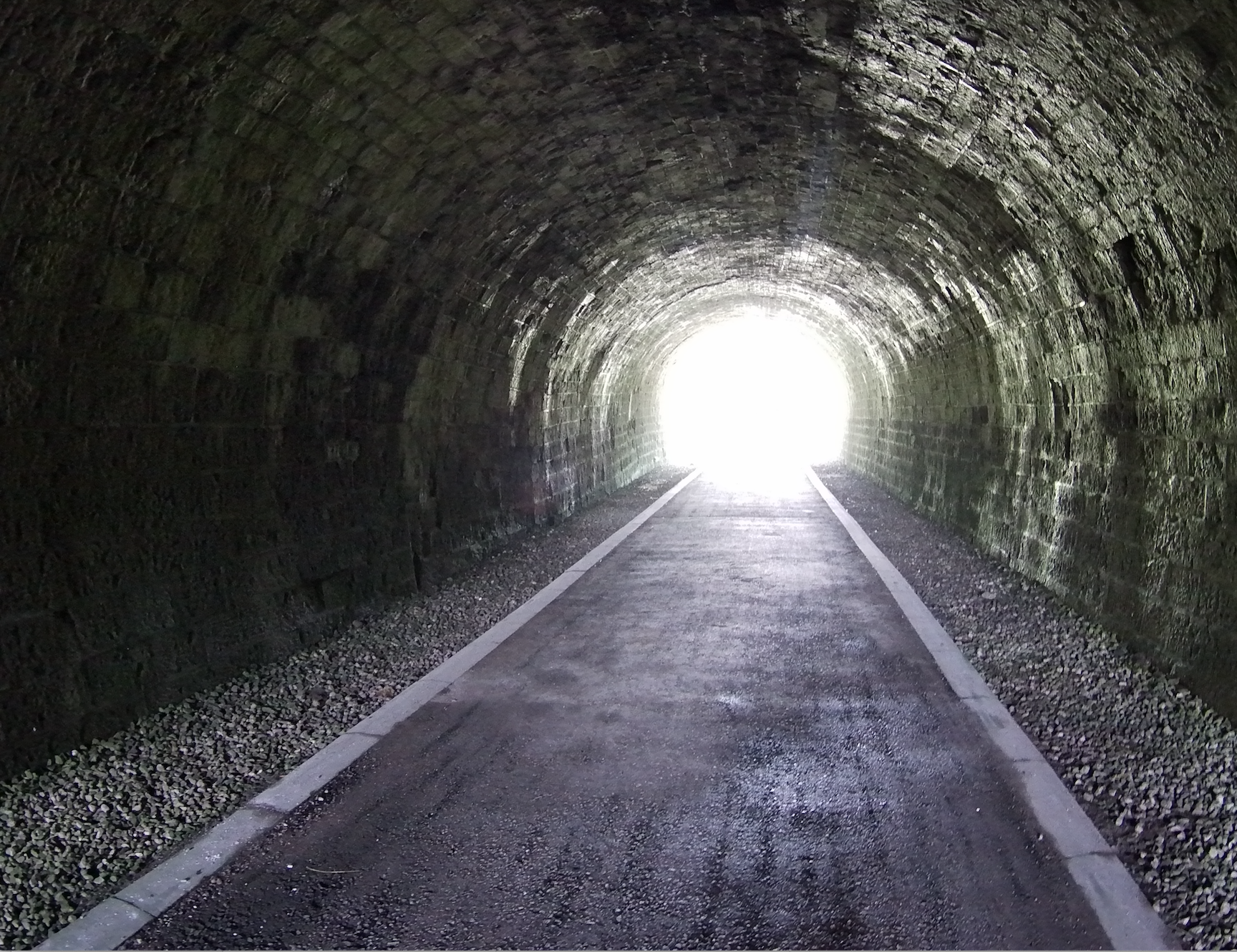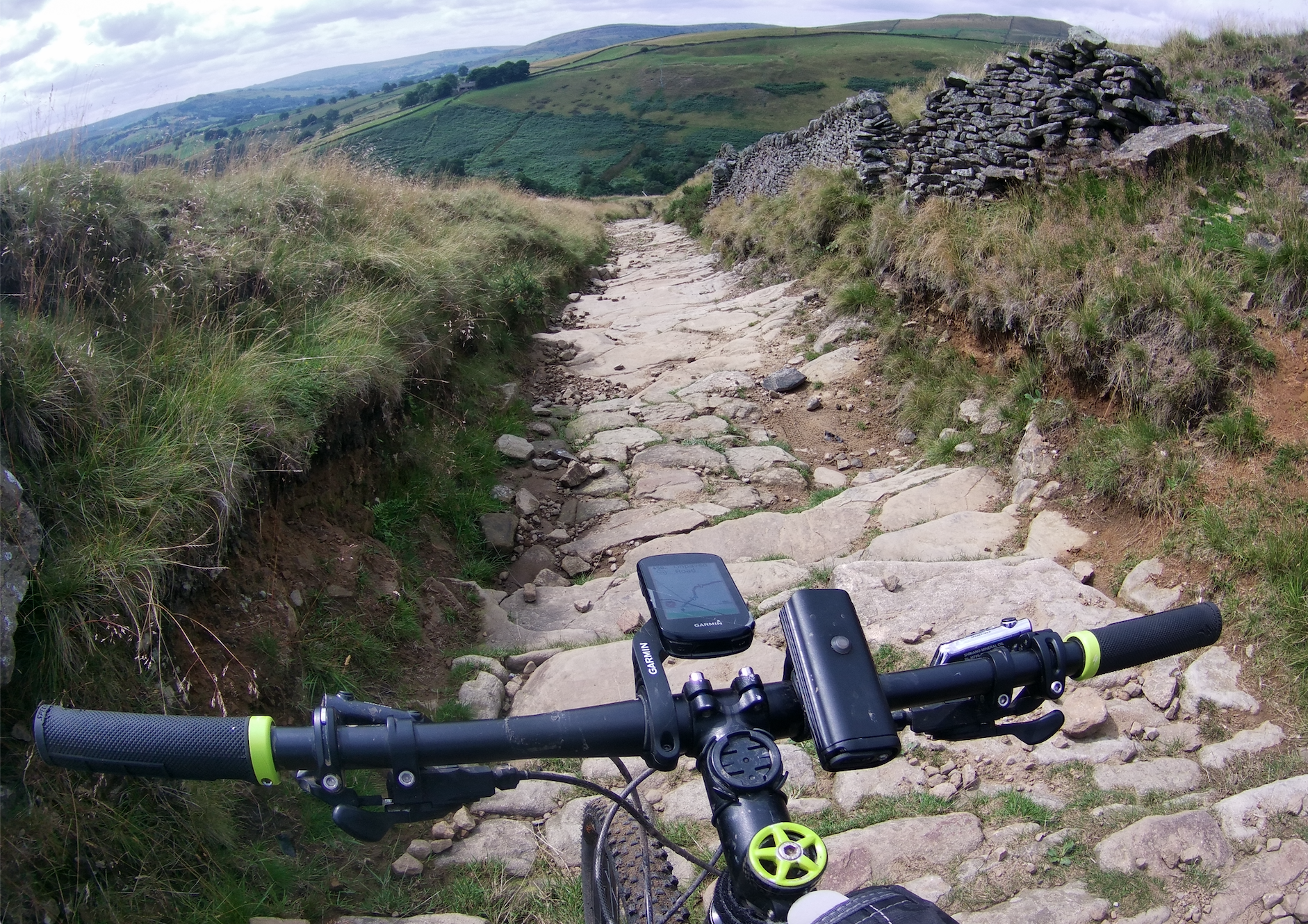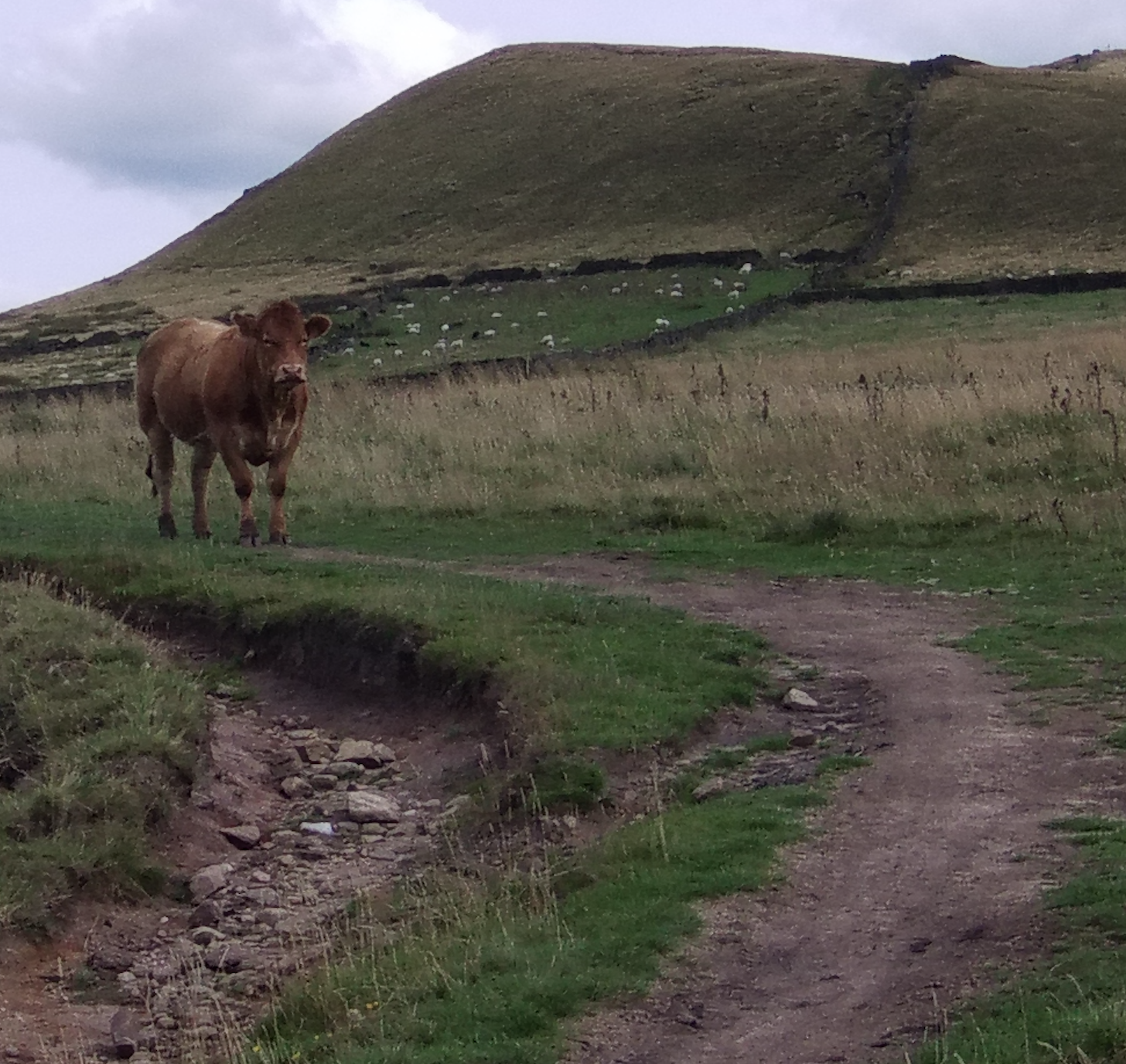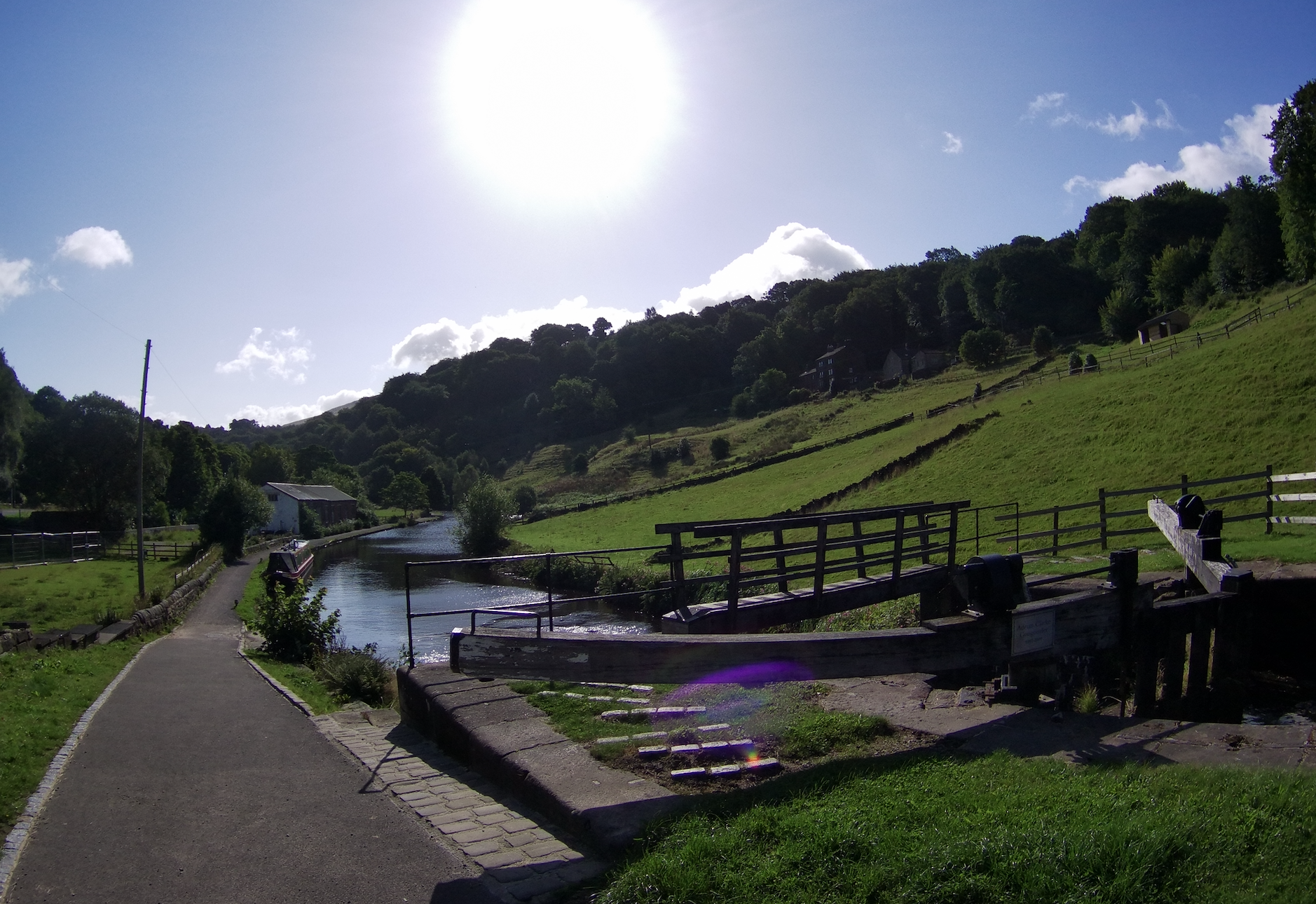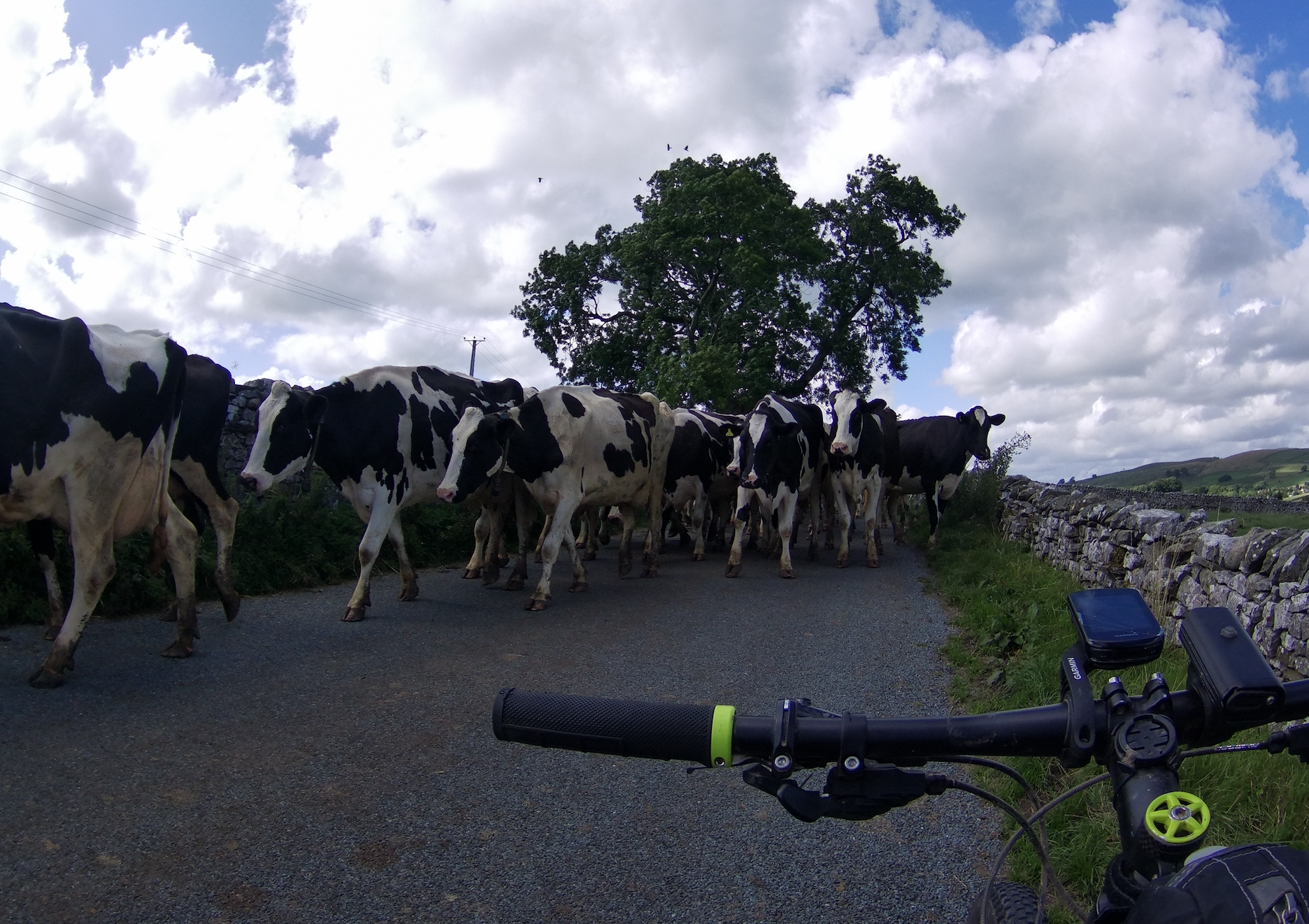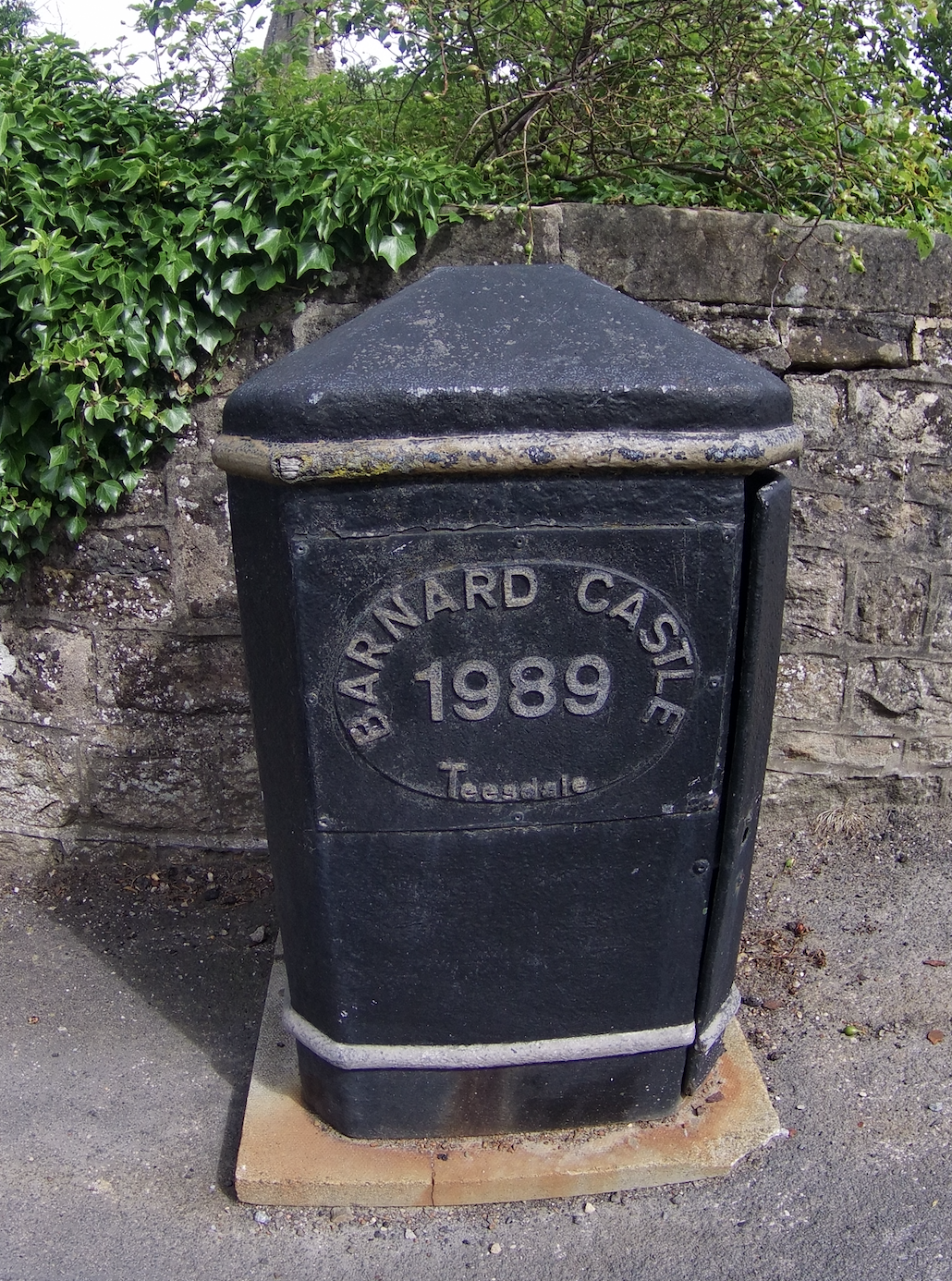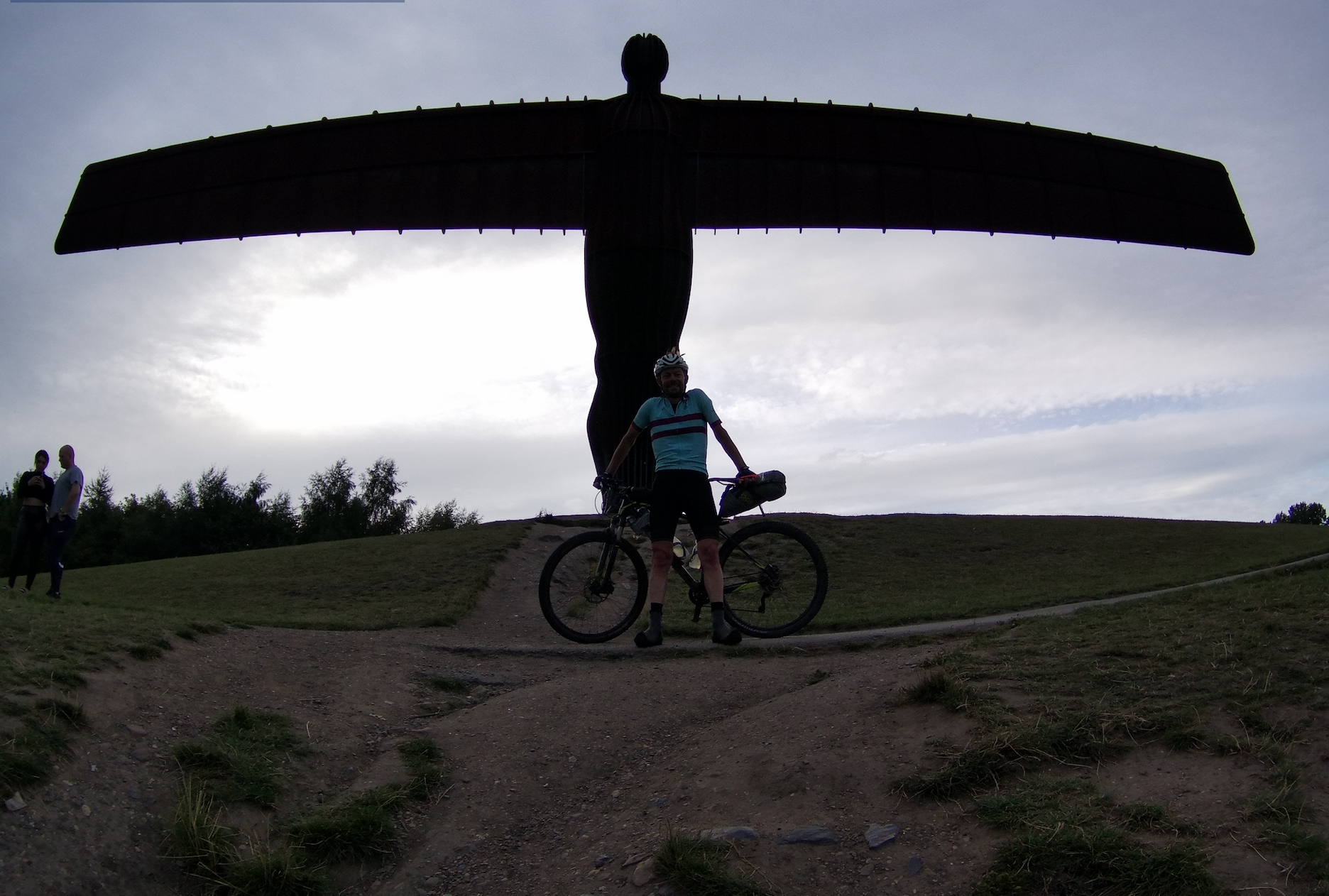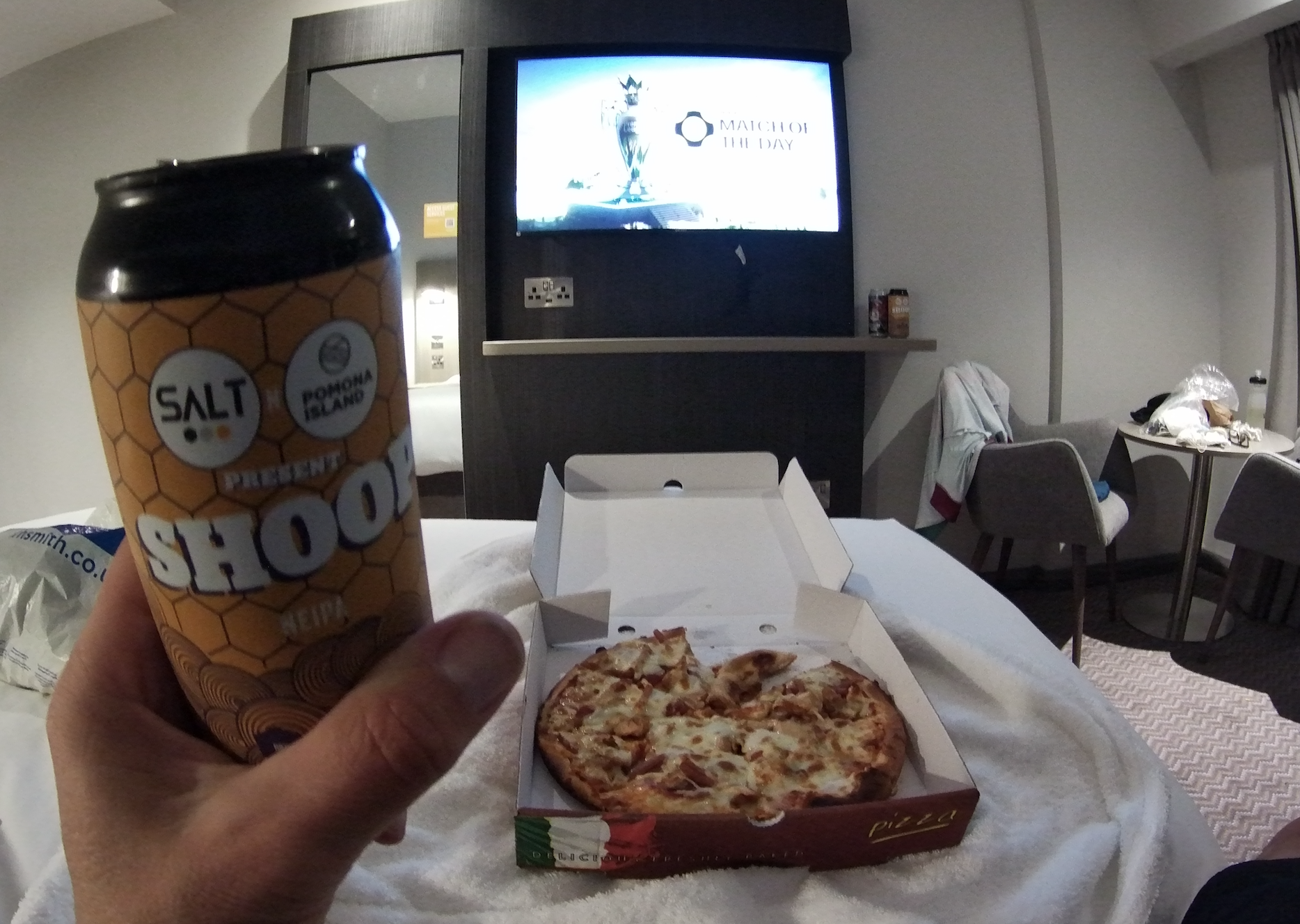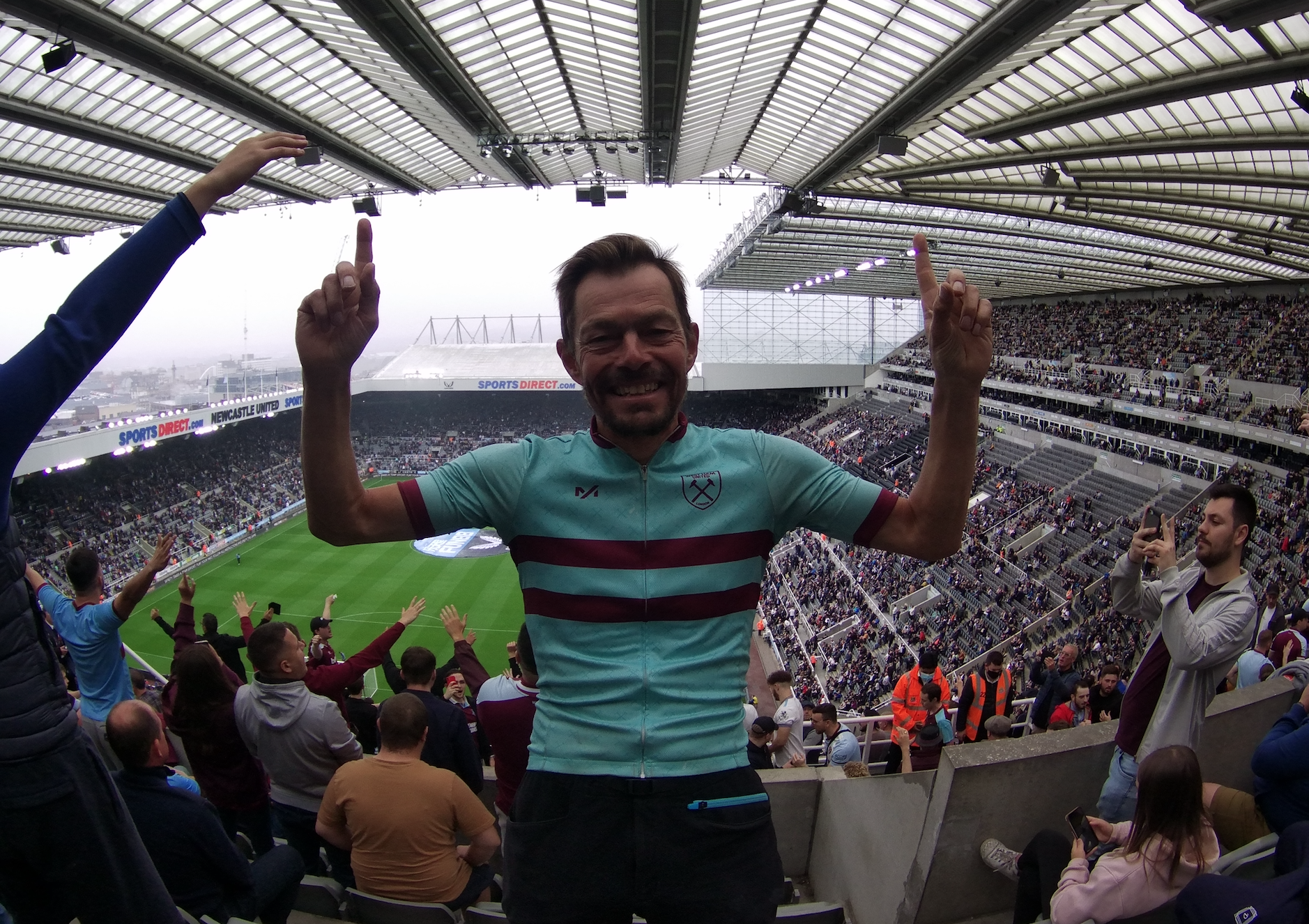(7 min read)
“Excuse me, do you know the way to Newcastle?”
I’ve cycled to Mount Everest and in North Korea but last week I took on a real adventure, I cycled the length of England without a mobile phone. How did I find the experience, people’s reactions, and the place I was trying to get to?
A few weeks ago, my mobile phone broke. I was thinking about how much I depend on it for everything when I saw my beloved West Ham were starting the new football season away to Newcastle. Then, I stupidly put two and two together and got five. Which is how I came to be riding to the match, whilst relying on my ability to talk to strangers and their kindness to point me in the right direction for everything.
It should be interesting, might even be fun but would certainly be an adventure. But It actually turned out to be a bit life-changing.
Elon Musk has said that having always-on access to the information on our phones means that we are really already half robot. It’s just the input device that needs improving, from finger to thought. So, going fully human for a week, how was I going to get from London to Newcastle without immediate access to maps, accommodation, the weather, messaging, phone calls….and social media!
I decided to follow signposted routes; canals, bridleways, and cycle routes. It started OK and I made the first night on the outskirts of Milton Keynes to stay with my sister. After that I had pre-booked cheap B&B’s, I just had to find them.
And that is where the kindness of strangers kicked in….
Thanks to Will, Liam, Sue, Steve, Aran, Dave, Vicky, and many more I (very) slowly made my way up the country, I was pointed in the direction of towns, canals, favourite cafes, petrol station shops and short cuts whilst simultaneously bursting my social media bubble to pieces, with real conversation with people that, like me, now want to spend their time outside with others.
Most people I asked directions of and who opened conversations with me at café stops, were like me (middle aged) and quite quickly conversation went from “where are you going?” to “why?” to the meaning of life. For an age group who are finding themselves superfluous to the job market, everyone I spoke to just wants to live a life off screens, outside, sharing their time with other people. That’s it – a simple life – where how we spend our time is more important than how we spend our money.
These are people that no longer want to be half robot. They want communication to be by talking and listening and not typing, reading….and trolling. These are the millions where work from home means they are unlikely to ever go back to an office, and the way work is structured now, they could easily go days without talking to another person. They don’t want that life. They just want to chat and chat to me they did…
About life, relationships, lost opportunities, new ideas and their adventures yet to be had.
The two teachers who were renting two of their three bedrooms so they could cover their mortgage payments, the two regulars at a pub on the outskirts of Oldham who were only regulars because “you can get four pints for £10 every night, why would you go elsewhere?”, they both independently gave me all the money they could muster when they heard I was cycling for the Bobby Moore Fund for Cancer Research, £3.14p between them. I used to be a Director of Comic Relief, I found then that is almost always the poorest in society who give the most to help others (of their money and time). I spent another evening watching a football match with a few regulars in the local sports club whilst most members played the real sport of the night, bingo.
People have become used to using mobile phones as a safety net to cover the time when we are bored but really, they are a barrier, a barrier to leading the life everyone I met wants to live, just passing the time, chatting to other people.
I took some personal reflections from my journey, you certainly have a fair amount of time for reflecting when you don’t have a mobile phone with you…
The immediate one is that I can actually survive without access to information on demand! Once a day is enough, but my daily rhythm is so set around access to my phone that I hope this six-day break is enough to start changing a decade-long habit.
I spend one-to-two hours a day pretty much just scrolling and distracted. If I can break that habit I can have more time every day to spend with family and friends, to learn something or to consume some mentally nourishing culture.
I don’t need my phone with me when I’m with other people or in my bed. I can leave it in my ‘work from home’ office. I can cope!
I did very much miss the conversation and banter with friends and family, sharing the journey along the way. There were certainly times when I felt lonely. I was in the middle of nowhere and not able to speak to my wife or a friend.
The people that spoke to me were generally people that were also on their own. There were a few times when I sat at a table next to a group of cyclists or bikers and no one made the effort to say hello. When I’m the one in that group I‘ll make sure I try to at least say hello, you never know where conversation will lead but it will certainly lead to better mental health for both participants, conversation leads to momentary friendship.
“Of all the means to insure happiness throughout the whole life, by far the most important is the acquisition of friends.” Epicurus.
We don’t need much more than friends. Why not try going ‘phone ’free’ once a week. if you do need to contact someone urgently someone will always lend you their phone (just take their number written down!) and don’t rely on a phone box. I tried about half a dozen, some were for sale for £1, some are defibrillators, and some say that they will work with cash, card, reverse call or card via an operator. Not once did I get any to actually work. I discovered red boxes right across Britain but no working phones.
The ride? That was secondary to the phone-free experience really, Yes, it certainly ended up being tough, two days of canal towpaths, a day of the Pennine Bridleway, which with a bag-packed mountain bike, ended up being a hike-a-bike experience up too many rock-laden pathways. Then onto the amazingly beautiful Rochdale canal, to lovely Hebden Bridge, up through Derbyshire, and onto cycle paths that took me diagonally across the Yorkshire Moors National Park and up its numerous 25% hills. I literally rode for about three days with nothing but hills, sheep and countryside views as far as the horizon, in every direction.
I finally arrived to the outskirts of Newcastle, the night before the match, wearing my West Ham cycle jersey, and stopped at the first mini supermarket I’d come across for thirty miles, to refuel. There was only one other customer, another middle-aged man.. “Been anywhere good?” he asked. “Ridden from London, for charity, without my mobile phone, to see West Ham play tomorrow.” He took a step back and looked me up and down, don’t think he could quite believe the answer. “Hats off mon, it’s people like you that keep the world going round.” I wanted to shake his hand, give him a hug even, it’s those moments of real-life connection that make the world go round. Moments we can rarely get on a mobile but are abundant in real life. Whilst we battle for the natural planet, let’s not lose what is critical to human nature.
An hour later, 8pm Saturday night, Newcastle city centre, a knackered, smelly, dirty cyclist walks into a posh hotel and asks if they could help sort a cheap room for the night. After telling me to bring my bike in, they immediately got on the phone and within ten minutes had me a room sorted around the corner.
By 10pm, I’ve got a pizza and beer in hand and settling down to watch Match of the Day, and for the first time in decades, having no idea what any of the results are, and loving it even more for that.
‘Ride like it’s 1993’ was a 4½ day adventure, 632km long, 7,134m of it uphill, so far raising £1,600 for The Bobby Moore Fund for Cancer Research UK, which is still open at Justgiving. Oh, and West Ham won 4v2.
Thanks, Chris

